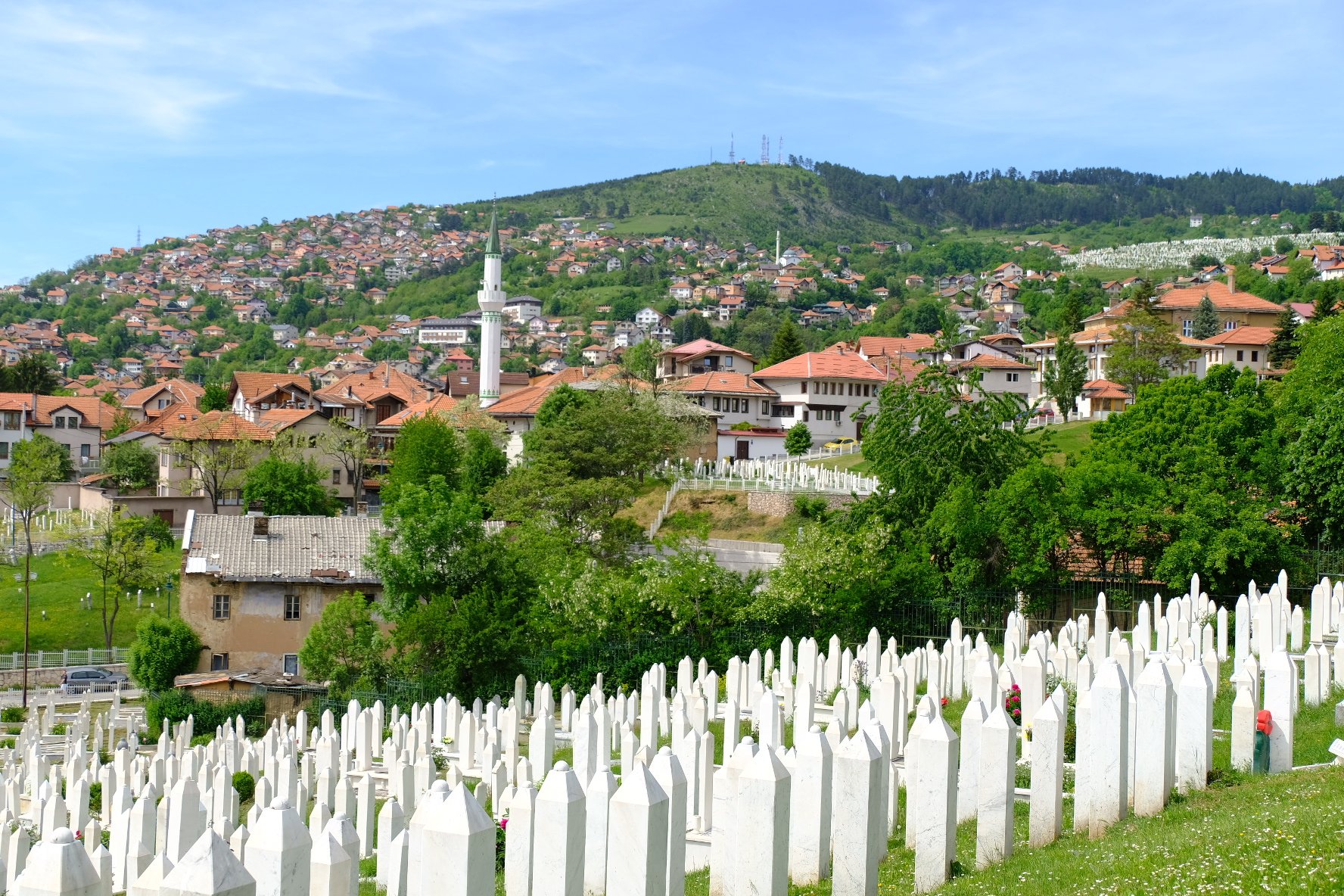What do we discover if we walk in the shoes of our neighbour?
Over the last several weeks, my colleagues and I had the privilege of partnering with a local Muslim organisation to lead a series of six lectures on peacebuilding called "Conflict as an Opportunity." Each week, we gathered in a small room to talk about hard things. All of the participants were war survivors. The topics we covered were not just theoretical - they hit home and were very personal.
One of the main highlights for me from this series is a diagram we shared called "The Discomfort Zone." It has three categories: First is the Comfort Zone. This is our safe, easy, "I don't want to think about it" place. It's where we find our autopilot - the switch-off-your-brain and go-with-the-flow kind of spot. It sounds like the place to be, but the price we pay for remaining in this zone is that we experience little to no learning, no exposure to different ways of seeing reality, and it's quite frankly boring.
The second category is the Alarm Zone. This place is frightening, dangerous, terrifying and overwhelming, the zone where trauma is mass produced. All violence, neglect and damage live in this zone and feed off human misery and suffering. This is also a zone where we have very little or no learning opportunities.
Wrestling matches
Neither the Comfort Zone nor the Alarm Zone are good for us to stay in for long. Long-term, they are both damaging to our perception and growth.
But in the third zone, the Discomfort Zone, we find a healthy middle ground between the other two destructive poles. It is not easy to remain in the Discomfort Zone. Nor is it without its challenges. In this place, we will be faced with different opinions than our own and different ways in which others see the world and live in it. We will have strong opinions, identity crises, and challenging wrestling matches with what we think about how the world should function. The point of choosing to stay in this zone is not to cause ourselves harm but to stretch our empathy and love for the other. It is to inspire us to take our own shoes off and try walking in the shoes of someone else: The Other. The one we would normally never trade shoes with.
The Discomfort Zone is challenging and scary but in a good way. It is good for us to be challenged in that way. It's how we grow, love and appreciate others. The atmosphere in the world is heavy right now. It seems like there isn't a day that goes by without violence, injustice and a general lack of care for those who cannot defend themselves.
Pains
The Alarm Zone is a constant reality for a large number of people at this moment, while the Comfort Zone might be the best fit for those of us who are not in literal crisis. Voices tell us to take a side, to pick which aspect of human suffering we will stand by, what lives matter to us more, and to look out for our interest in this whole mess. However, I am challenging you to take a road less traveled, to be brave and come to the zone of Discomfort, the zone of growing pains.
I don't know what that place is for you in your life, but I am guessing there is a person in your surroundings with whom you do not agree and share the same values. If you are unable to speak to that person, I invite you to imagine walking in their shoes. Imagine spending one day as that person. Think about their life, their struggle, their way of seeing the world. What makes that person unavailable to you? And what makes them relatable?
After we completed our series of lectures, the hosts of the organization we partnered with invited us to join them for a special dinner, a meal called Maklube. This meal is served on a big tray that is placed on the floor; everyone takes their spoons and eats off the same tray. I couldn't imagine a better representation of life: all of us sitting in the circle as equals, eating from the same plate. All humans, fulfilling a basic human need - hunger. Hunger for food, but also for connection, laughter, and love for one another. This is my prayer. That we take courage and step into the Discomfort Zone. It will be hard, but the prize is precious. You get to sit with the others at the same tray and eat Maklube together.
Originally published at https://cne.news/article/3805-column-from-sarajevo-what-do-we-discover-if-we-walk-in-the-shoes-of-our-neighbour
Mirela is Peace Catalyst Program Director in Bosnia and Herzegovina (BiH). Born in Sarajevo in the 1980’s, she had a front row seat to the breakup of Yugoslavia and the siege of Sarajevo and is now studying to become a trauma therapist to more effectively address the unengaged trauma in BiH. Learn more about Mirela here.





